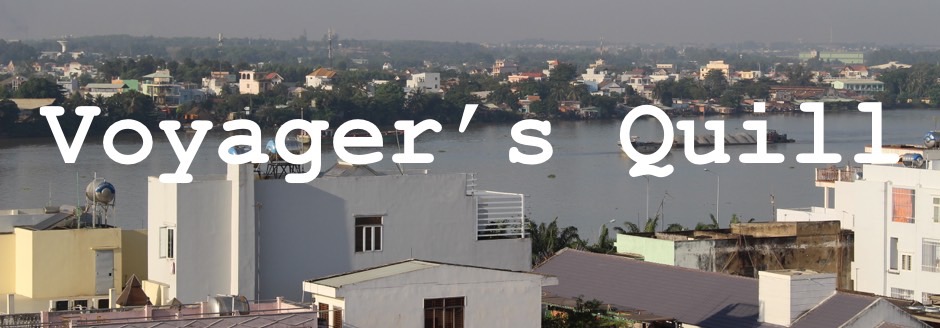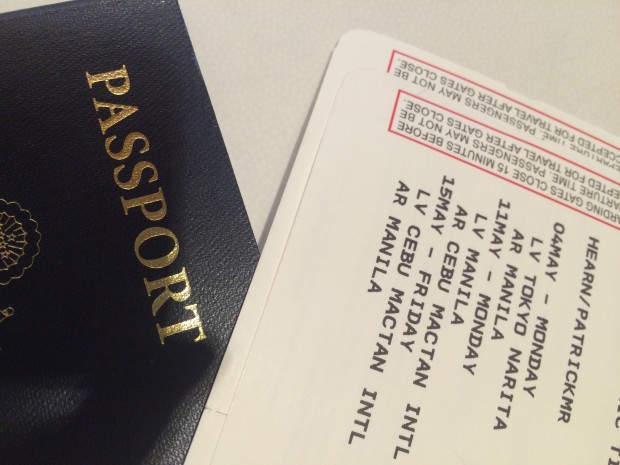While English is widely spoken throughout the Philippines, it is still the secondary language of the country. Tagalog is the primarily spoken language, and despite its appearance, is relatively easy to learn. Taking the time to pick up on a few basic words and phrases can make your stay much easier.
1. Kamusta ka — Hello/How are you?
This is the basic greeting, and one you’ll likely hear often during your stay. It’s pronounced ka-moose-ta-ka; straightforward and simple.
2. Magkano ito — How much is this?
If you happen to visit any of the more traditional markets or bazaars found through the Philippines, you’ll want to find out beforehand how much something is — and potentially haggle that price down before handing over your peso.
3. Salamat — Thank you
A smile and a nod can go a long way towards expressing gratitude, but try throwing in ‘salamat’ at the end of an interaction. Demonstrating a bit of effort in learning the local language can help to endear you to people.
4. Oo/hindi — Yes/No
It’s more likely you’ll say yes and no by nodding and shaking your head, but you should also know what words to listen out for. Yes is ‘oo’ — pronounced like ‘oh oh.’ No is ‘hindi,’ and is said like ‘hin-dee.’
5. Patawad! — Sorry!
You’re a traveler. You make mistakes, you go places you aren’t supposed to, and you stumble over local customs like they aren’t even there. It’s important to know how to apologize.
6. Saan? — Where?
If you find yourself lost among Manila’s winding, busy streets, you should know how to ask for directions…or at least how to ask how far away you are from your destination. Saan, pronounced like san, is the basic way of asking where something is.
7. Anong oras na — What time is it?
Whether it’s sunny or cloudy out, in the tropical environment of the Philippines, it can be tough to tell exactly what time of day it is — and when you have to be somewhere on time, that can be bad.
8. Ewan ko — I don’t know.
If someone is speaking Tagalog to you and you can’t understand them, say this. While it technically means “I don’t know,” it’s a colloquial term and will get your point across. If speaking to someone older than yourself, add “po” to the end: “ewan ko po.”
9. Bayad po — “I’m paying!”
This isn’t a direct translation, but it’s close enough. When riding in a taxi or a jeepney, you’ll say this in order to get the driver’s attention in order to pay your fare. Be careful, though; the phrase is eerily similar to another phrase I made the mistake of using, which essentially meant: “I offer my testicles.” Ah, language.
10. Anong pangalan mo? — What is your name?
When you travel and make friends, you’ll eventually need to learn how to ask for someone’s name. Take note; the ‘ng’ sound in ‘pangalan’ is tough to say, particularly for English speakers. There isn’t a similar sound in our language. The closest I can think of is the ‘nya’ sound in Spanish. However, once you get this phrase down, pronouncing most of the other sounds in Tagalog is easy.
If all else fails and you find yourself in a tight spot, speak English. Most people are semi fluent in the language, and you’ll find many who can speak it as well as, if not better, than you. However, it never hurts to exert effort in learning the language of another country; it shows respect and consideration not only for the culture, but for the people themselves.





No Comments